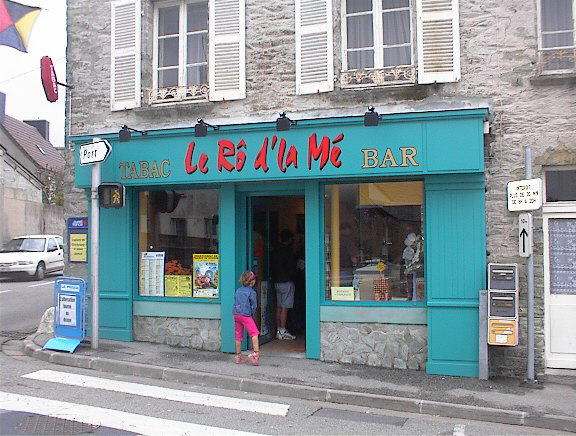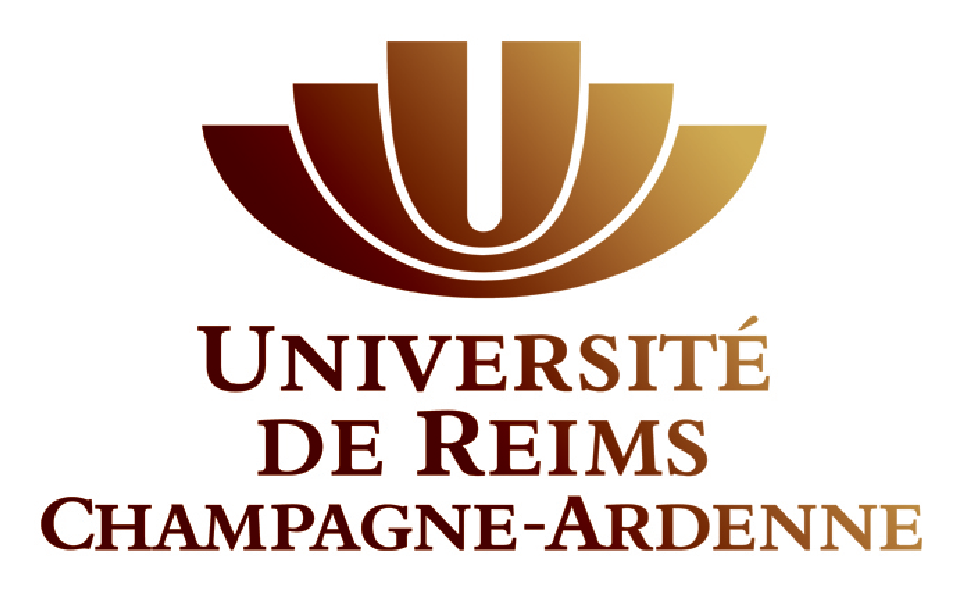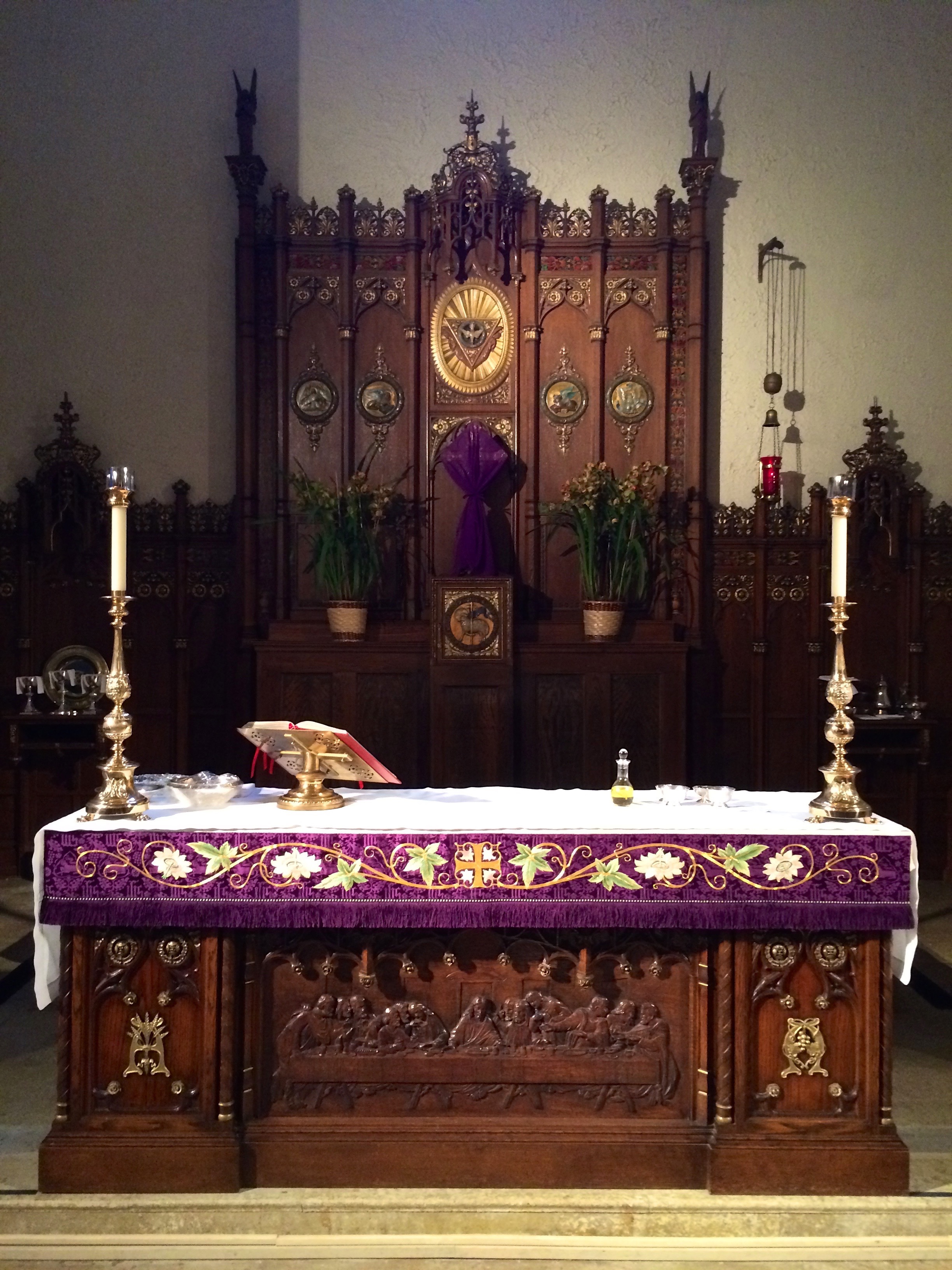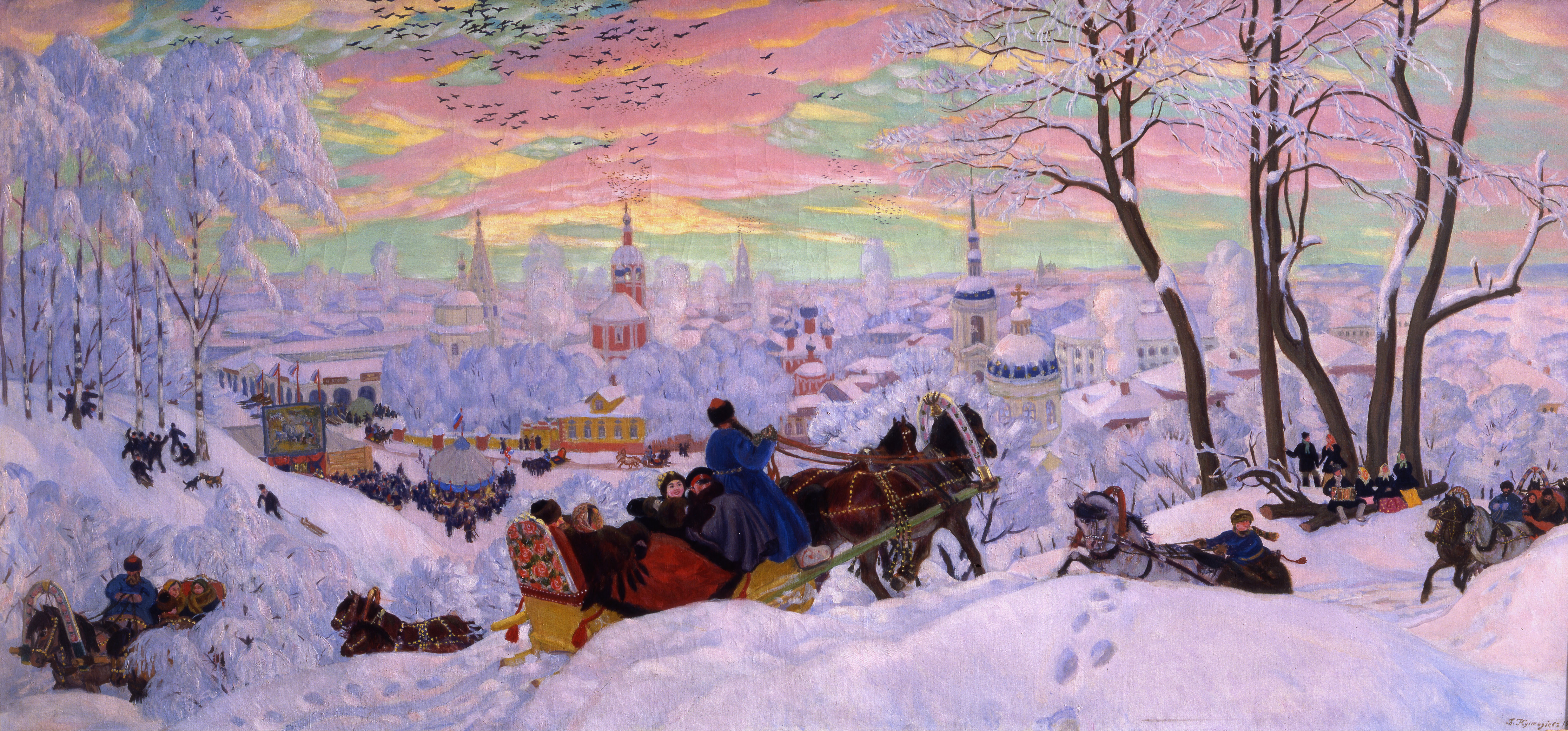|
University Of Paris Strike Of 1229
The University of Paris strike of 1229 took place in Paris, France. The strike occurred as a disagreement over an unpaid tab at a local tavern. The ensuing disagreement caused the deaths of several students when Queen Blanche ordered the mercenary bodyguards to punish the student riot. The students protested with a "dispersion", or student strike; the masters suspended lectures. This lasted more than two years and led to several reforms in the medieval university when Pope Gregory IX issued the bull '' Parens scientiarum''. The event demonstrates the town and gown power struggles with the Church, secular leaders, and the emerging student class and a lessening of local Church authority over the University of Paris. The university was placed squarely under direct papal patronage, part of the program to centralise the Church structure, which had intensified under Innocent III. Background The University of Paris was one of the first universities in Europe and then considered the mos ... [...More Info...] [...Related Items...] OR: [Wikipedia] [Google] [Baidu] |
Norman Language
Norman or Norman French (, , Guernésiais: , Jèrriais: ) is a ''Langues d'oïl, langue d'oïl'' spoken in the historical region, historical and Cultural area, cultural region of Normandy. The name "Norman French" is sometimes also used to describe the administrative languages of ''Anglo-Norman language, Anglo-Norman'' and ''Law French'' used in England. For the most part, the written forms of Norman and modern French are mutually intelligible. The thirteenth-century philosopher Roger Bacon was the first to distinguish it along with other dialects such as Picard language, Picard and Burgundian language (Oïl), Bourguignon. Today, although it does not enjoy any official status outside of Jersey, some reports of the French Ministry of Culture (France), Ministry of Culture have recognized it as one of the regional languages of France. History When Norsemen, Norse Vikings from modern day Scandinavia arrived in Neustria, in the western part of the then Kingdom of the Franks, and ... [...More Info...] [...Related Items...] OR: [Wikipedia] [Google] [Baidu] |
Oxford University
The University of Oxford is a collegiate research university in Oxford, England. There is evidence of teaching as early as 1096, making it the oldest university in the English-speaking world and the second-oldest continuously operating university globally. It expanded rapidly from 1167, when Henry II prohibited English students from attending the University of Paris. When disputes erupted between students and the Oxford townspeople, some Oxford academics fled northeast to Cambridge, where they established the University of Cambridge in 1209. The two English ancient universities share many common features and are jointly referred to as ''Oxbridge''. The University of Oxford comprises 43 constituent colleges, consisting of 36 semi-autonomous colleges, four permanent private halls and three societies (colleges that are departments of the university, without their own royal charter). and a range of academic departments that are organised into four divisions. Each college ... [...More Info...] [...Related Items...] OR: [Wikipedia] [Google] [Baidu] |
Reims University
The University of Reims Champagne-Ardenne (; URCA), also known simply as the University of Reims, is a public university based in Reims, France. In addition to the main campus in Reims, the university has several campuses located throughout the Grand Est region, in Châlons-en-Champagne, Charleville-Mézières, Chaumont, and Troyes. History Original university The University of Reims was established in 1548,Mark W. Konnert, ''Local Politics in the French Wars of Religion'', Ashgate Publishing, Ltd., 2006, p. 52. after the Cardinal of Lorraine met with Pope Paul III. The 'Collège des Bons-Enfants' Catholic school thus became a university, teaching the arts, theology, law and medicine. The university was closed in 1793 during the French Revolution, and reemerged in the 1960s. Modern university The Faculty of Science (1961), the Literary University College (1964), the University College of Law and Economics (1966), Reims University Technology Institute (1966), the Faculties ... [...More Info...] [...Related Items...] OR: [Wikipedia] [Google] [Baidu] |
Louis IX Of France
Louis IX (25 April 1214 – 25 August 1270), also known as Saint Louis, was King of France from 1226 until his death in 1270. He is widely recognized as the most distinguished of the Direct Capetians. Following the death of his father, Louis VIII, he was Coronation of the French monarch, crowned in Reims at the age of 12. His mother, Blanche of Castile, effectively ruled the kingdom as regent until he came of age, and continued to serve as his trusted adviser until her death. During his formative years, Blanche successfully confronted rebellious vassals and championed the Capetian cause in the Albigensian Crusade, which had been ongoing for the past two decades. As an adult, Louis IX grappled with persistent conflicts involving some of the most influential nobles in his kingdom, including Hugh X of Lusignan and Peter I of Brittany. Concurrently, England's Henry III of England, Henry III sought to reclaim the Angevin Empire, Angevin continental holdings, only to be decisively def ... [...More Info...] [...Related Items...] OR: [Wikipedia] [Google] [Baidu] |
Regent
In a monarchy, a regent () is a person appointed to govern a state because the actual monarch is a minor, absent, incapacitated or unable to discharge their powers and duties, or the throne is vacant and a new monarch has not yet been determined. The rule of a regent or regents is called a regency. A regent or regency council may be formed ''ad hoc'' or in accordance with a constitutional rule. ''Regent'' is sometimes a formal title granted to a monarch's most trusted advisor or personal assistant. If the regent is holding the position due to their being in the line of succession, the compound term '' prince regent'' is often used; if the regent of a minor is their mother, and she is wife or widow of the king, she would be referred to as ''queen regent''. If the formally appointed regent is unavailable or cannot serve on a temporary basis, a may be appointed to fill the gap. In a monarchy, a regent usually governs due to one of these reasons, but may also be elected to ... [...More Info...] [...Related Items...] OR: [Wikipedia] [Google] [Baidu] |
University Of Cambridge
The University of Cambridge is a Public university, public collegiate university, collegiate research university in Cambridge, England. Founded in 1209, the University of Cambridge is the List of oldest universities in continuous operation, world's third-oldest university in continuous operation. The university's founding followed the arrival of scholars who left the University of Oxford for Cambridge after a dispute with local townspeople. The two ancient university, ancient English universities, although sometimes described as rivals, share many common features and are often jointly referred to as Oxbridge. In 1231, 22 years after its founding, the university was recognised with a royal charter, granted by Henry III of England, King Henry III. The University of Cambridge includes colleges of the University of Cambridge, 31 semi-autonomous constituent colleges and List of institutions of the University of Cambridge#Schools, Faculties, and Departments, over 150 academic departm ... [...More Info...] [...Related Items...] OR: [Wikipedia] [Google] [Baidu] |
Benefit Of Clergy
In English law, the benefit of clergy ( Law Latin: ''privilegium clericale'') was originally a provision by which clergymen accused of a crime could claim that they were outside the jurisdiction of the secular courts and be tried instead in an ecclesiastical court under canon law. The ecclesiastical courts were generally seen as being more lenient in their prosecutions and punishments, and defendants made many efforts to claim clergy status, often on questionable or fraudulent grounds. Various reforms limited the scope of this legal arrangement to prevent its abuse, including branding of a thumb upon first use, to limit the number of invocations for some. Eventually, the benefit of clergy evolved into a legal fiction in which first-time offenders could receive lesser sentences for some crimes (the so-called "clergyable" ones). The legal mechanism was abolished in the United Kingdom in 1827 with the passage of the Criminal Law Act 1827. Origin When the Roman Empire converted to ... [...More Info...] [...Related Items...] OR: [Wikipedia] [Google] [Baidu] |
Mardi Gras
Mardi Gras (, ; also known as Shrove Tuesday) is the final day of Carnival (also known as Shrovetide or Fastelavn); it thus falls on the day before the beginning of Lent on Ash Wednesday. is French for "Fat Tuesday", referring to it being the last day of consuming rich, fatty foods, most notably red meat, in preparation for the Christian fasting season of Lent, during which such foods are avoided. Related popular practices are associated with Carnival celebrations before the fasting and religious obligations associated with the penitential season of Lent. In countries such as the United Kingdom, Mardi Gras is more usually known as Pancake Day or (traditionally) Shrove Tuesday, derived from the word ''shrive'', meaning "to administer the sacrament of confession to; to absolve". Background During the liturgical season of Lent, some Christians abstain from the consumption of certain foods such as meat, eggs, dairy products, and alcoholic beverages. Most Christian denomin ... [...More Info...] [...Related Items...] OR: [Wikipedia] [Google] [Baidu] |
Lent
Lent (, 'Fortieth') is the solemn Christianity, Christian religious moveable feast#Lent, observance in the liturgical year in preparation for Easter. It echoes the 40 days Jesus spent fasting in the desert and enduring Temptation of Christ, temptation by Satan, according to the Gospels of Gospel of Matthew, Matthew, Gospel of Mark, Mark and Gospel of Luke, Luke, before beginning his Ministry of Jesus, public ministry. Lent is usually observed in the Catholic Church, Catholic, Lutheranism, Lutheran, Moravian Church, Moravian, Anglican Communion, Anglican, United and uniting churches, United Protestant and Eastern Orthodoxy, Orthodox Christian traditions, among others. A number of Anabaptism, Anabaptist, Baptists, Baptist, Methodism, Methodist, Calvinism, Reformed (including certain Continental Reformed Protestantism, Continental Reformed, Presbyterianism, Presbyterian and Congregational church, Congregationalist churches), and Nondenominational Christianity, nondenominational Ch ... [...More Info...] [...Related Items...] OR: [Wikipedia] [Google] [Baidu] |
Shrove Tuesday
Shrove Tuesday (also known as Pancake Tuesday or Pancake Day) is the final day of Shrovetide, which marks the end of the pre-Lenten season. Lent begins the following day with Ash Wednesday. Shrove Tuesday is observed in many Christian state, Christian countries through participating in Confession (religion)#Christianity, confession, the ritual burning of the previous year's Holy Week palms, finalizing one's Lenten sacrifice, as well as eating pancakes and other sweets. Shrove Tuesday is observed by many Christians, including Anglicans, Lutherans, Methodists, Western Orthodox, Western-rite Orthodox Christians, and Roman Catholics, who "make a special point of self-examination, of considering what wrongs they need to repent, and what amendments of life or areas of spiritual growth they especially need to ask God's help in dealing with." This moveable feast is determined by date of Easter, the date of Easter. The expression "Shrove Tuesday" comes from the word ''wikt:en:shrive, shr ... [...More Info...] [...Related Items...] OR: [Wikipedia] [Google] [Baidu] |
Central Europe
Central Europe is a geographical region of Europe between Eastern Europe, Eastern, Southern Europe, Southern, Western Europe, Western and Northern Europe, Northern Europe. Central Europe is known for its cultural diversity; however, countries in this region also share some historical and cultural similarities. The region is variously defined, but it’s minimum definition could be considered of consisting of Austria, Bosnia and Herzegovina, Croatia, the Czech Republic, eastern France, Germany, Liechtenstein, Luxembourg, Poland, Slovakia, Slovenia and Switzerland. But also the Baltic States, the Alsace in north-east France, and South Tyrol, northern Belluno , and Friuli-Venezia Giulia in north-east Italy are culturally usually considered to be part of Central Europe. From the early 16th century until the early 18th century, parts of Croatia and Hungary were ruled by the Ottoman Empire. During the 17th century, the empire also occupied southern parts of present-day Slovakia. During ... [...More Info...] [...Related Items...] OR: [Wikipedia] [Google] [Baidu] |






